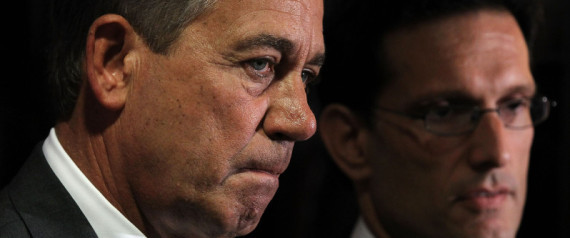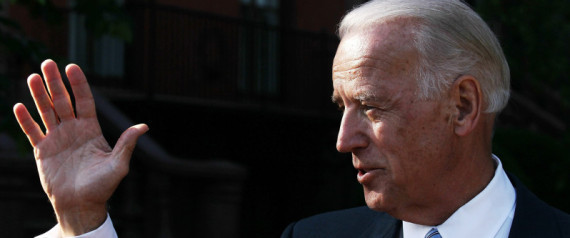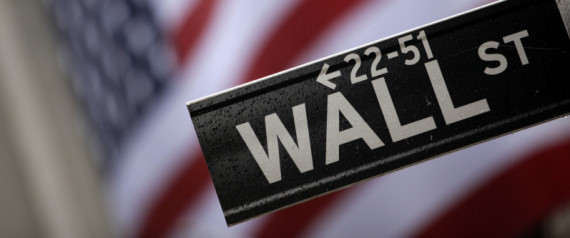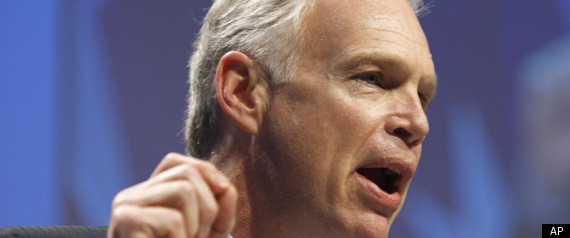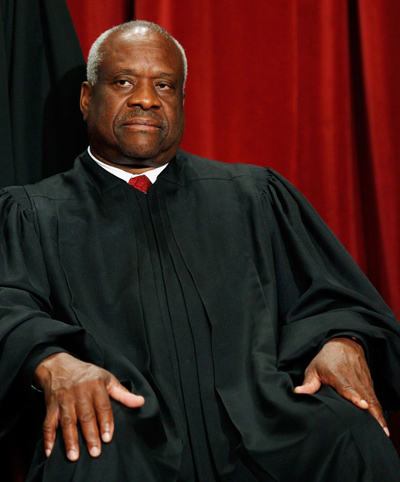 THE CANADIAN PRESS -- TORONTO - Hundreds of people marked the one year anniversary of the G20 riots in Toronto by holding a rally at the Ontario legislature Saturday.
THE CANADIAN PRESS -- TORONTO - Hundreds of people marked the one year anniversary of the G20 riots in Toronto by holding a rally at the Ontario legislature Saturday.Demonstrators renewed a call for a public inquiry into police actions at the summit and for the resignation of Toronto police chief Bill Blair.
Some held signs with slogans like "Canada is not a police state" and "Public inquiry now."
Ontario Federation of Labour president Sid Ryan called for Blair to identify officers who beat citizen protesters.
Author Judy Rebick said Prime Minister Stephen Harper decided to hold the summit in Toronto and he should shoulder the blame for the riot.
A group of people left the rally and marched through the streets of downtown Toronto.
Waving large Canadian flags white balloons and carrying banners and signs the protesters marched in a scene reminiscent of the G20 protests a year earlier.
Traffic was halted and horns honked in solidarity as the protesters shouted "our streets". The protesters marched from the legislature to Queen and Spadina where a year earlier protesters were hemmed in by police in the pouring rain for hours.
The march ended up in front of police headquarters, chanting "drop the charges, charge the police" on blowhorns as they called for all remaining charges against G20 protesters to be dropped.
Last June, the police arrested more than 11-hundred people during the G20 protests but most were released without being charged or had their charges withdrawn or dismissed.
Thirty-nine protesters reported being injured during the arrests while 97 officers were hurt during the violence that resulted in police cars being torched and store windows smashed.
John Pruyn, an amputee whose artificial leg was ripped off by police while he was arrested at the summit, also called for an inquiry and he asked why police haven't returned his eyeglasses and walking sticks.
Those at the rally say an inquiry is needed not for retribution but to get at the truth of police actions and to hold police and politicians accountable.
Speakers from the Canadian Civil Liberties Association, Ontario Federation of Labour, Canadian Federation of Students and Council of Canadians were among those who addressed the so-called Freedom festival.
Full Article
Source: Huffington
